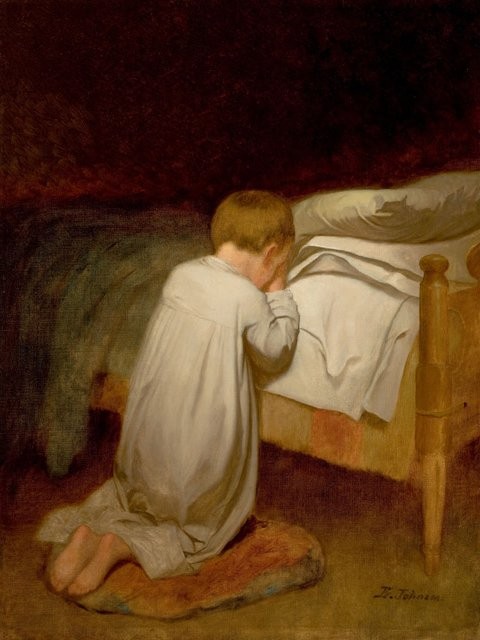A new study is suggesting that children who grew up in religious households may not possess charitable traits which are often linked to generosity and altruism.
Researchers at the University of Chicago reveal in this new study how religiousness can determine or predict charitableness in children since religious parents are more prone to describe their children as more altruistic and fair compared to secular kids.
By nature, humans are cooperative as a species where prosocial behaviors are developed in early life, so lessons learned as an adolescent will more or less carry over into adulthood.
According to lead author of the study, Jean Decety of the University of Chicago, prior research already showed that religious people are not more likely to do good compared to their non religious counterparts as this new study probes more into religious people and how they are less generous, not only observed in adults but in children as well.
In the study, the researchers selected 1,170 children from ages five to 12 from six different countries namely United States, Canada, Turkey, Jordan, China and South Africa. Most of the children come from non-religious, Christian and Muslim households but others also included Jewish, Buddhist and Hindu as well.
The kids played a game called "Dictator Game" to exercise their choice whether they want to share their stickers they received with their classmates. The children also underwent a moral sensitivity task where they were able to judge scenarios that involve interpersonal harm. Parents also answered questionnaires on religious identification including empathy and justice measures in behalf of their children.
The results revealed that older children are more generous than the young ones however the most altruistic children apparently came from non-religious households. Also, children who come from religious households gave harsher punishments for wrongdoings that was determined by the moral sensitivity task.
This new study reveals the complex relationship between faith and moral decision making where even if religion can propagate cooperation and prosocial behavior, it still does not mean that religious adults and children possess most of these virtues.
These new findings are published in the journal Current Biology.



























